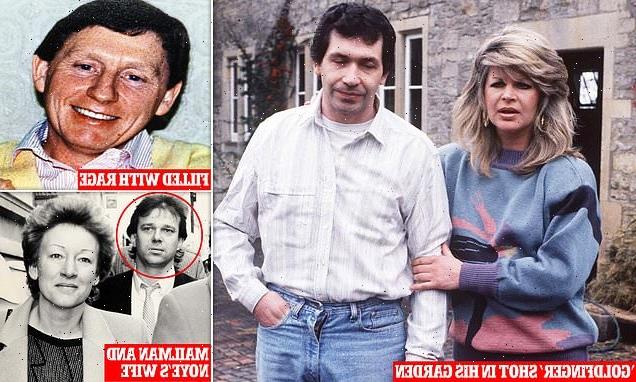A problem shared by a mother-of-two and GP Clare Bailey: I’m afraid my sons will grow up to hate each other
- A mother says her two boys aren’t getting on. GP Clare Bailey gives her advice
- READ MORE: My mother refuses to see a doctor but what can I do?
Q My boys, aged seven and nine, are at each other’s throats on a daily basis. They bicker, argue over the TV remote control or toys — and sometimes, when they are really enraged, they end up scrapping on the floor. Although they don’t actually hurt each other and in many ways are very close, I worry about their relationship in the future. The lifelong friendship between brothers is priceless. How can I help them get on better?
A With two young children in the house, there are going to be times when it resonates with the sound of squabbling and those all-too-familiar words, ‘He started it!’
You worry your boys might end up hating each other — but let me reassure you that some sibling rivalry is common and entirely normal.
It has even been shown to help children form good social relationships later in life.
However, constant bickering and arguments can take their toll on a family and may even traumatise children, leading to lower self-esteem. It is particularly damaging when there is a power imbalance, perhaps with a younger, vulnerable or more sensitive child.
Fortunately, there are things you can do with children at any age to help them cement solid, long-lasting and rewarding relationships and reduce rumbling, or even fiery, resentments.
A mother says her two boys aren’t getting on. GP Clare Bailey gives her advice after raising her own sons
Bear in mind that minor conflict helps children learn what hurts, what upsets others and how we make up and make amends.
In the heat of the moment, take a breath and try to keep calm rather than shout. Once the children have calmed down, acknowledge each boy’s feelings and encourage them to find solutions together.
- Have ground rules to reduce the ‘triggers’. So be clear that name calling, hitting, taking favourite things without asking, hogging the TV control etc are not acceptable.
- Allow siblings their own space for special things or for peace and quiet when possible.
- Notice and appreciate caring and sharing when it happens (especially if it’s rare). ‘I was so pleased to see you share your new game with your sister. That was really generous.’
- Spend individual time with each child — even just ten minutes doing something they like to do most days, so they each feel special.
- Give your children individual attention directed to their interests and needs, and also invest in family time doing things together.
- Use your judgment to make sure there is no consistent or systematic bias towards or against one child. Don’t take sides or make comparisons, but celebrate individual strengths.
- Try to model a reasonable, calm response to confrontation in front of your children (especially if you’re cross), as children learn their responses from you.
As for ours, they are now grown up and the best of friends.
BCCs are the most common of the non-melanoma skin cancers. So what are the warning signs? (stock image)
How I gave myself skin cancer
I’m of the generation who laid in the midday sun and basted themselves with olive oil for a dark tan.
Last month I had a basal cell carcinoma (BCC) on my forehead removed.
BCCs are the most common of the non-melanoma skin cancers. So what are the warning signs?
They include unusual skin growths, a shiny bump or nodule, or a mole with a raised edge. Some appear as an open sore that doesn’t heal and may bleed.
Source: Read Full Article




